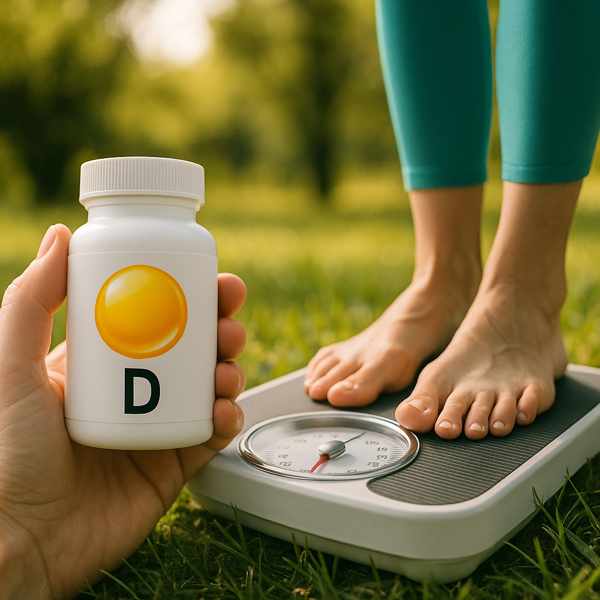Will Taking Vitamin D Help You Lose Weight?
Will Taking Vitamin D Help You Lose Weight?
Blog Article

Vitamin D has gained a lot of attention not only for its role in bone health and immunity but also for its potential connection to weight management.
Let’s explore the science, potential benefits, and how vitamin D may — or may not — affect your weight loss journey.
Understanding the Sunshine Vitamin
Vitamin D is a fat-soluble vitamin that the body produces when the skin is exposed to sunlight.
It helps with:
- Important for strong bones and teeth
- Immune system regulation
- Linked to serotonin and depression
- Contributes to physical performance
Does Vitamin D Affect Body Fat?
Several studies have found links between low vitamin D levels and higher body weight.
Some research suggests:
- It could help regulate how the body stores fat
- Chronic inflammation is tied to weight gain
- Improved mood and energy may boost activity levels
- Supports insulin sensitivity
What Experts Have Found
- A study in 2014 found that overweight women who took vitamin D lost more fat than those who didn’t supplement.
- Another review showed vitamin D helped improve metabolic markers related to weight control.
- Some trials show no major impact on weight loss unless deficiency was corrected first.
While promising, more info the evidence is not yet strong enough to say vitamin D alone causes weight loss.
Is It Right for You?
People most likely to benefit from vitamin D supplementation include:
- Get your blood levels tested first
- Vitamin D may support improved hormone function
- Improved mood can lead to better lifestyle habits
- Anyone on a weight loss program lacking sun exposure
How to Add Vitamin D to Your Routine
Ways to get more vitamin D:
- 15–20 minutes of sun per day without sunscreen
- Include vitamin D-rich options in your diet
- Vitamin D3 supplements
Tips:
- Too much vitamin D can be harmful
- Especially if you take other medications
- These nutrients work together for full benefits
What You Should Know
It may support fat loss indirectly, but it works best when combined with healthy habits.
For best results:
- Focus on whole foods and nutrients
- Exercise improves fat metabolism and energy levels
- Sleep affects hormones that regulate appetite
- Cortisol can cause fat storage if left unchecked
Final Thoughts
If you’re deficient, correcting your levels could lead to better energy, mood, and metabolic function.
Combine smart nutrition, movement, and lifestyle habits to reach your goals — with vitamin D as a helpful ally. Report this page